There’s no shortage of conferences, training web sites, and webinars to keep your skills sharp.
As I stated in an earlier blog entry, I believe it’s up to you to keep yourself marketable and create your own training plan. I like this quote from a recruiter: “You can’t rely on a company for your growth and training anymore…Except for a few enlightened companies, if they’re training you at all, they’re training you for what they need, not necessarily training for what you need to develop your technical skills over the long run.”
My professional development plan including attending a conference every two to three years, augmented with regular self-directed learning. The last few years I’ve attended and presented at two WritersUA conferences. Between conferences, I sign up for technical writing webinars and read business and technology books. I also subscribe to Wired. Last year, I signed up for a membership to Lynda.com.
Lynda.com
Lynda.com teaches computer skills in video format to members through monthly and annual subscription-based plans. I’ve found it helpful for learning how to create EPUBs and brushing up on RoboHelp, FrameMaker, Microsoft Office programs, Cascading Style Sheets (CSS), and Search Engine Optimization for web sites. One glaring exception—Lynda.com does not offer training for MadCap Flare.
Recorded webinars
I regularly watch recorded webinars.
Adobe offers free recorded videos for technical writers:
MadCap also offers free webinars:
Scriptorium Publishing offers timely and insightful thoughts on technical writing trends:
The Society for Technical Communication also offers webinars for a fee:
Conferences
Here’s a summary of upcoming conferences this year.
MadWorld 2014 Worldwide Learning Conference, April 13–15, San Diego
http://www.madcapsoftware.com/events/madworld/
Content Management Strategies/DITA North America 2014, April 28–30, Seattle
http://www.cm-strategies.com/2014/index.htm
STC annual conference, May 18–21, Phoenix
http://summit.stc.org/program-info/program-overview/
Lavacon, October 13–15, 2014, Portland
http://lavacon.org/2014/about-portland/
How do you keep your skills current?
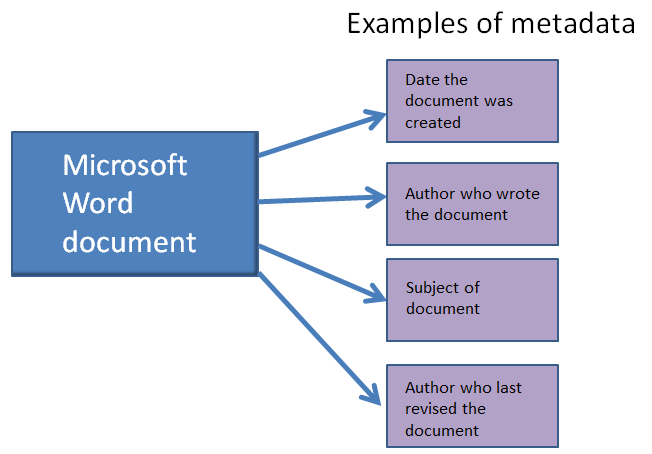
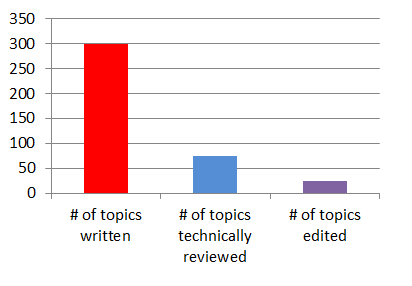
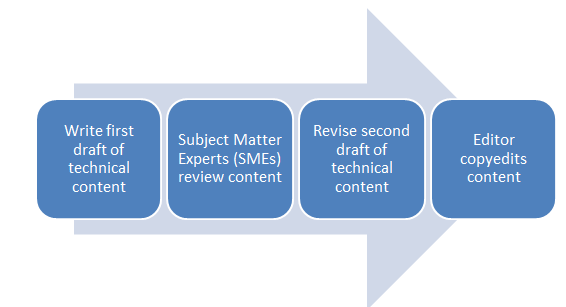
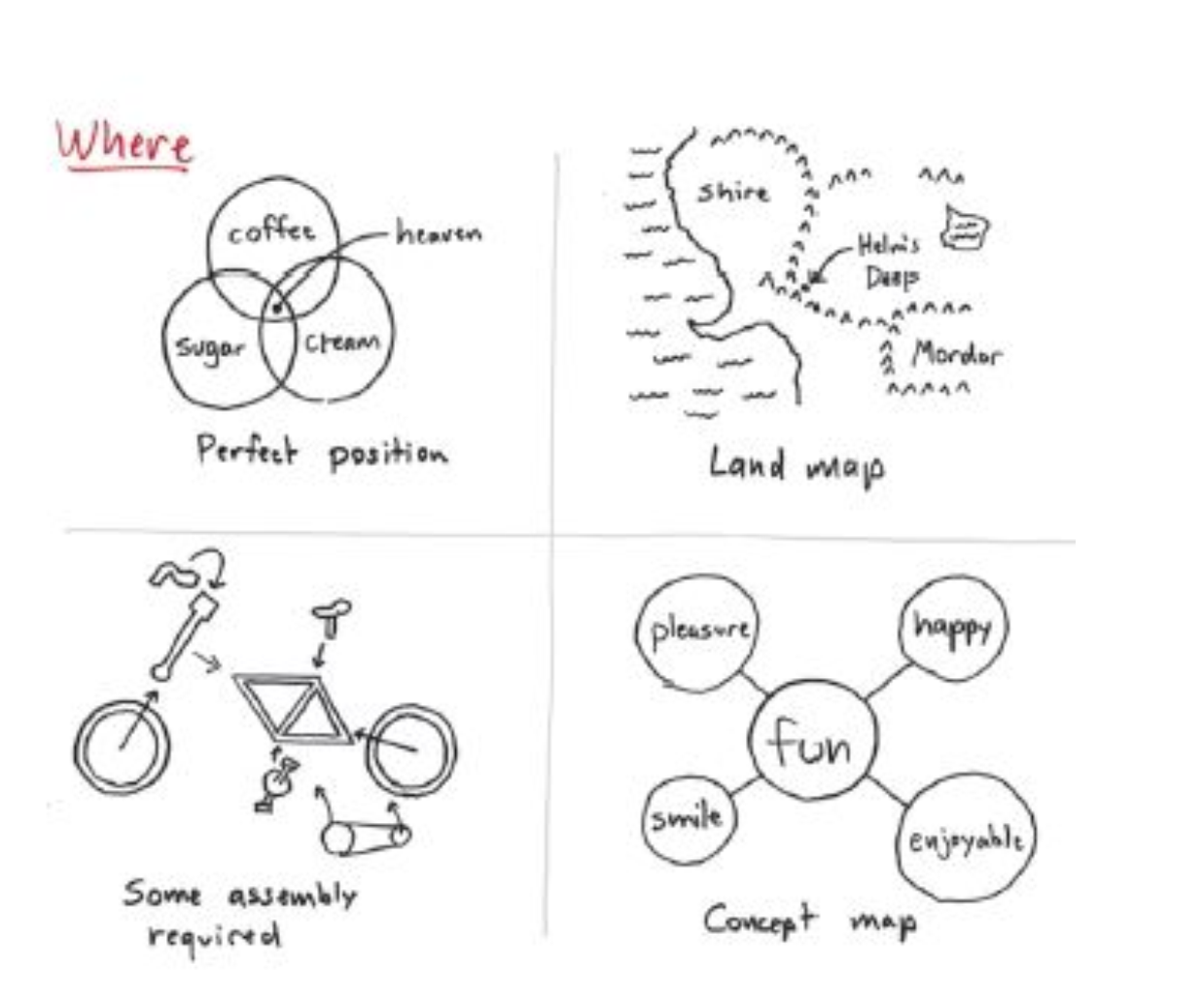
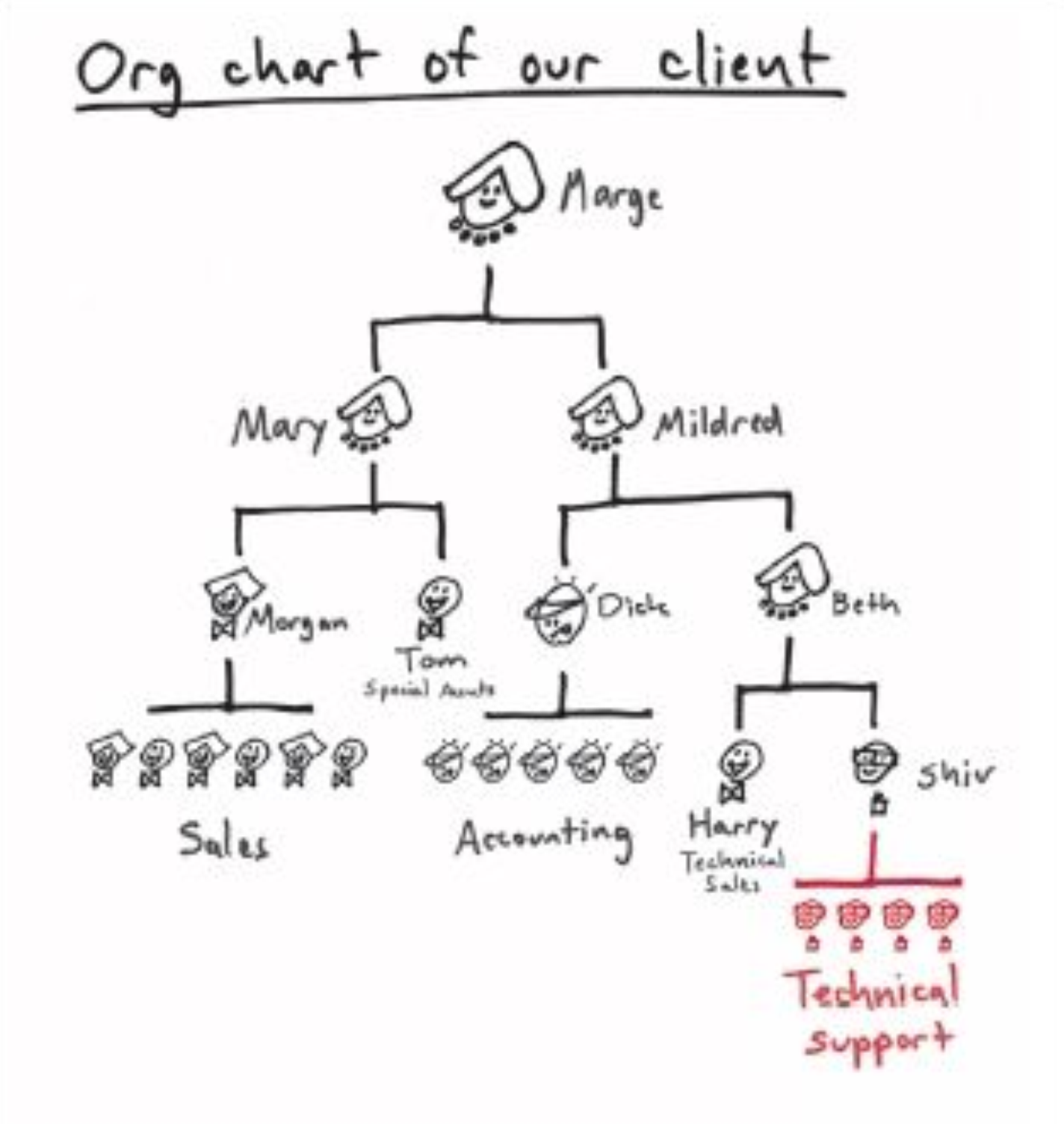
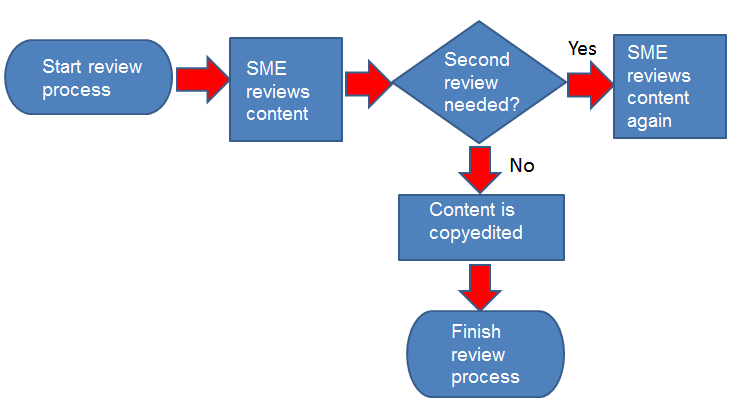

 I have worked as a
I have worked as a